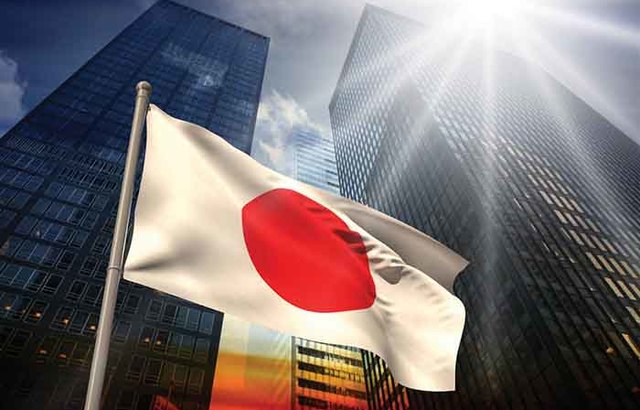Foreign investors have collectively sold more Japanese equities this year than at any other time this century and have become too negative, meaning they are now overlooking a number of opportunities, Kames Capital’s Robin Black says.
Japan has been hit by waves of selling by overseas investors in 2018 as investors fret about the fallout from a global trade war.
This bearish sentiment has countered positive earnings momentum and attractive valuations and left the Topix index down 3.1%, year-to-date.
Japan is attractively valued
Black, support manager of the Kames Global Equity Income Fund, says the move is in stark contrast to 2013 and 2014 when investors hoovered up Japanese stocks. Nonetheless, he says the selling has left it looking like a standout opportunity versus other markets.
“On 13x price to earnings ratio, and 1.3x book value, Japan is attractively valued, and we see more earnings momentum there than in many other countries, especially as the yen continues to weaken.
“The discount was appropriate when Japan was less profitable but now Japan’s return on equity is similar to Europe and profit margins are more than double where they were in the 1990’s.” Black says.
Time to buy
“Ben Graham famously observed that the stock market gets too excited and too depressed, and the same is true of foreigners investing in Japan. Because the change has been gradual it’s been frustrating, but when Japan is out of favour it’s usually time to buy.”
Black says, while foreign investors have tired of Japan this year, there are several plus points being overlooked by those exiting the region’s equity markets.
“Japan offers a 7-8% earnings yield and a 2% dividend yield which compares very favourably with the yield on 10-year Japanese bonds, which hovers just above zero, meaning the market’s dividend yield is almost 2% higher than the bond market,” he said.
“By way of contrast, the S&P index yields less than 2% and 10-year bonds in the US now yield over 3%.”
Cultural shift to equities
Black adds there are two very significant changes in Japan which may create a shift in culture towards equities.
“Firstly, the Bank of Japan has engineered rates on 10-year bonds down towards zero, and for much of 2016 they actually operated a negative interest rate policy. This is remarkably bold for a conservative body such as the Bank of Japan given their historic (albeit unfounded) fear of inflation and the pressure the politically connected banks, opposed to low rates, must have brought to bear,” he says.
“Secondly, companies have raised dividends and are changing their culture of hoarding cash. Tyre manufacturer Bridgestone is a good example as its dividend pay-out ratio has effectively doubled in the past five years, although with $5bn (£3.8bn, €4.3bn) of cash on its balance sheet, one could argue they could return even more to shareholders.”





